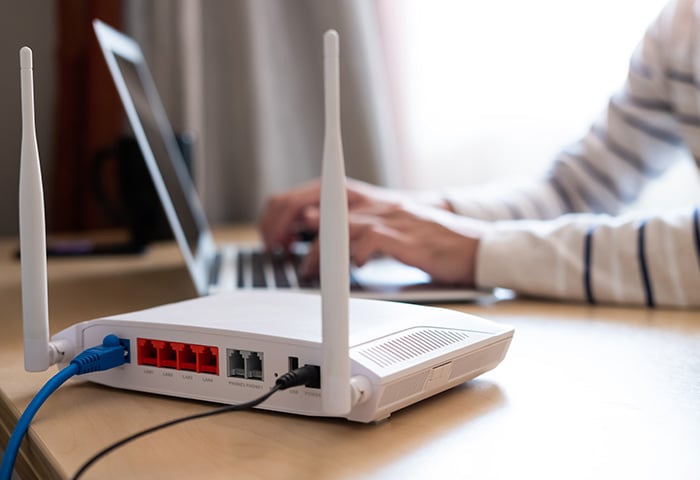What is online tracking?
Online tracking is the practice of following, recording, storing, and repackaging your browsing history and habits in order to gather insights about what you do online or sell the data to third parties. Whenever you visit a web page, run a search, send an email, watch a video, or shop online — even if you’re just window-shopping — you can be sure someone, somewhere, is taking notes.
What do you mean, “someone”? Who’s tracking me online?
All the cool kids are doing it — from FANG (that’s Facebook, Amazon, Netflix, and Google) to you and me and your friendly neighborhood artisanal donut store’s website (probably).
No, really. Researchers at the University of Washington found that 75% of the world’s most popular websites use tracking tools, including their own cookies and third-party trackers.
What do these online trackers know about me?
Imagine you were asked to come up with a list of 3,000 facts about yourself. What sort of things would you write? Three thousand personal facts is a lot of personal facts. And yet, there’s a very good chance your list already exists.
How does it work, you ask? Well, the websites you interact with online collect data about you like your interests, likes, dislikes, and purchase history. The companies behind those sites can then use this information to target you as you browse the web — and they can also sell it to data brokers. Data brokers are companies that buy and sell personal information about you. They put this information together with info from other sources (like public records) to create a profile of you. They then sell your profile to other companies for big wads of cash. It’s a vicious tracking circle!
Many of these companies own an average of 3,000 pieces of data that they’ve purchased or collected about each of the 350 million people in their database — including their location, the food and restaurants they like, their online habits, the questions they ask Google, where they work… even medical info and credit scores.
Wow. So they know a lot. But why is that b—
Wait, we’re not finished. Websites can also collect information about your device, your operating system, browser version, fonts, screen resolution, color depth, timezone, what add-ons you use, whether you block cookies, whether you block ads, and so on.
Data companies and advertisers also know which articles you read and which ones you skip; which videos you watch and which ones you stop after 5 seconds; which promotional emails you read and which ones you send to your trash folder without opening; what you like on Facebook, what you retweet, and what you heart on Instagram.
Yes, that sounds bad — but why exactly is it bad for *me*?
When you put all these things together, as data brokers do, you end up with a unique online fingerprint that allows advertisers and companies to immediately identify you, along with all your likes, dislikes, personal traits, and neuroses (oh come on Karen, we’ve all got them).
And that’s potentially very bad news, because once they know exactly who you are and what makes you tick, companies and advertisers can:
-
Spam you with targeted ad campaigns that follow you around the web, attempting to trigger your every subconscious desire;
-
Potentially jack up their prices on you, because they know you live in a wealthier state or city;
-
Invade your privacy and chip away at your online anonymity, which nobody likes.
But nothing's all bad, is it?
No, I mean, online tracking isn’t all bad. For one thing, sometimes it’s nice to go where everybody knows your name. So at least in theory, advertisers can offer you products and experiences you’re actually interested in, rather than bombarding you with ads for, I don’t know, lawyers specializing in Canadian criminal pardons.
How can I stop online tracking?
Of course, there are ways you can avoid being tracked online. The best way is to invest in some anti-tracking software, which will disguise your online behavior and habits. AVG AntiTrack stops all online tracking to give you real privacy online.
We also suggest taking note of these tips:
We hope this little guide has helped you understand what online tracking means as well as given you some handy tips on what you can do to avoid being followed around the web. After all, it’s important to us that you enjoy every step of your online adventures, as well as being aware of any risks. Happy browsing!






%20-%20refresh/Signal-What-is-streaming-Thumb-refresh.jpg)







